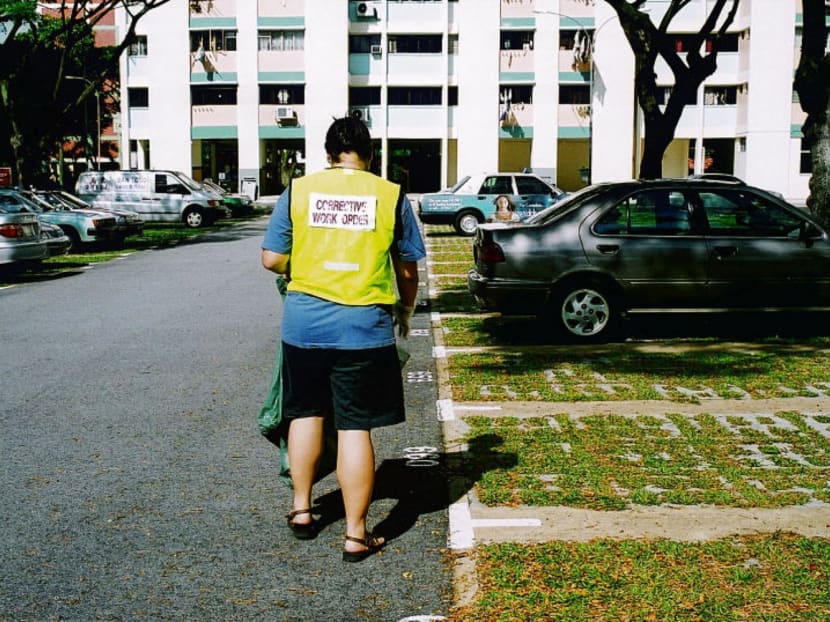More offenders could be eligible for community sentences
SINGAPORE — Seven years after judges were first given leeway to impose community sentences, the Government is seeking “in a controlled way” to give more offenders the same shot at rehabilitation.

More types of offenders will be eligible for community sentences under changes proposed by the Ministry of Law. TODAY file photo
SINGAPORE — Seven years after judges were first given leeway to impose community sentences, the Government is seeking “in a controlled way” to give more offenders the same shot at rehabilitation.
More types of offenders will be eligible for community sentences under changes proposed by the Ministry of Law (MinLaw).
If passed, offenders who have served a previous jail term of three months or less will be eligible for a community sentence.
Young offenders aged between 14 and 21 who have served a reformative training stint, which currently requires them to be institutionalised for 18 to 30 months, will have the same opportunity.
So will those who have been admitted once to approved rehabilitation centres for drug or inhalant abuse, provided their present charge is not for drug or inhalant abuse.
“Such offenders may not be habitual offenders and may potentially benefit from community sentences,” said the ministry, which also wants to lower the minimum detention period for reformative training to 6 or 12 months.
Presently, community sentences — which include day-reporting and community work orders, as well as mandatory treatment orders — are applicable to criminals who have committed petty crimes and who have never been jailed or sent for reformative training.
More offences will be eligible for mandatory treatment orders, where the offender must undergo psychiatric treatment in lieu of serving jail time.
The sentencing option will extend to certain offences carrying up to seven years’ jail, up from three years currently. Shoplifting is one offence the option could apply to, said the ministry.
Mandatory treatment may be ordered for up to three years — instead of two — to serve offenders who require longer periods of help.
To get criminals to comply with community sentences, the court may impose a “suspended imprisonment sentence” that will “automatically” kick in when community sentences are breached.
Last year, former Attorney-General V K Rajah had remarked that community sentences were “underutilised”. He had suggested lawmakers consider them as an option for more crimes that are less serious.
Meanwhile, to help victims secure compensation “more easily”, dependents of deceased victims could be allowed to apply for compensation from the court for bereavement and funeral expenses.
At present, compensation can only be ordered for injury to the actual victim and not for his dependents.
In other personal injury cases, victims may be empowered to put forth their cases to help the court determine if compensation should be paid, and how much.
The court has to provide reasons when compensation is not ordered, under proposed changes.
Compensation is typically ordered for cases where the loss suffered can be easily quantified. They include theft (where the value of the property stolen is easily established) and cases of voluntarily causing hurt where the victim has incurred medical expenses.
The ability of an offender to pay compensation is also taken into account, said MinLaw. Kelly Ng






